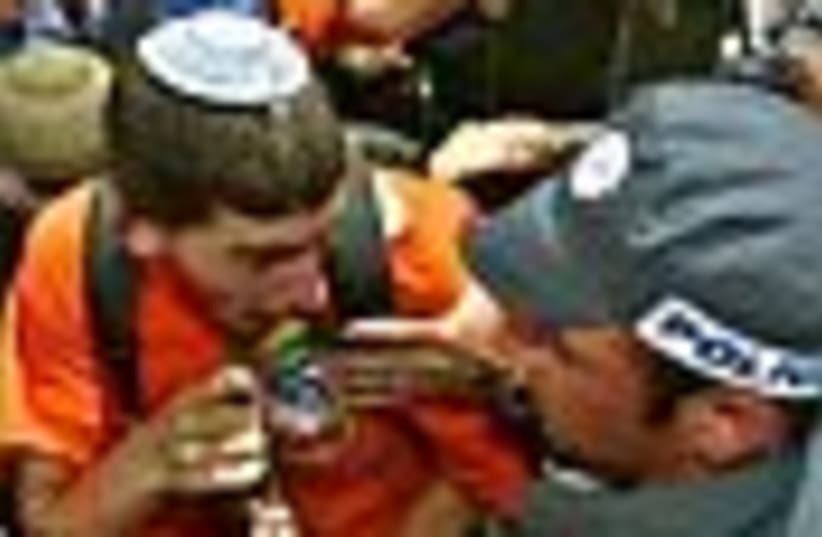| More about: | Dan Halutz, Bar-Ilan University, Shavei Shomron, Kfar Darom |
Pride in IDF turns to scorn for some settlers
Yair wants to join the IDF. But it's not clear the IDF will want him.


| More about: | Dan Halutz, Bar-Ilan University, Shavei Shomron, Kfar Darom |